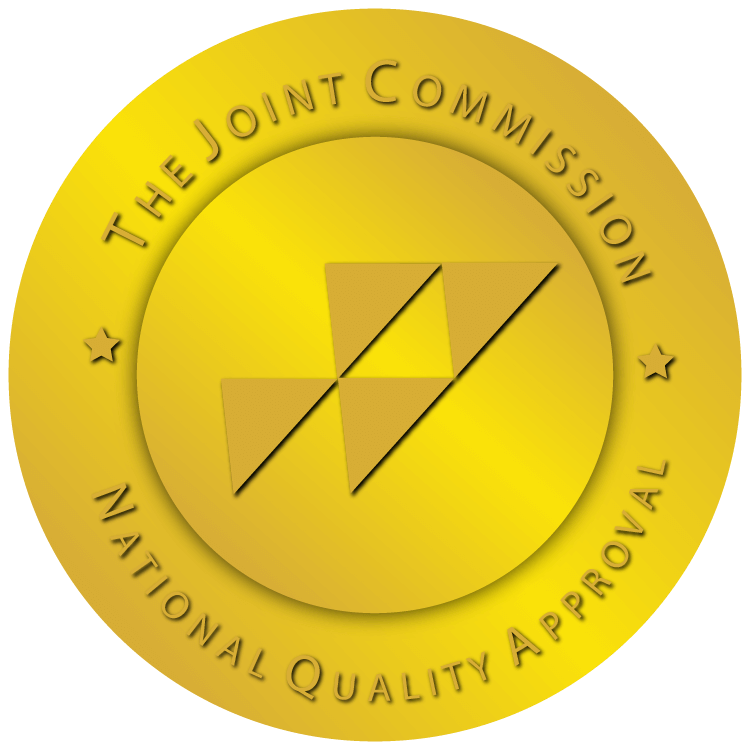Are you wondering what the signs of alcohol addiction look like? Maybe you’re worried about your own drinking or someone close to you. It’s not always easy to tell when casual drinking has turned into something more serious.
But knowing the causes and warning signs can help you catch the problem early on.

Overview of Alcohol Use Disorder (AUD)
Most adults can drink alcohol in small amounts without serious problems. But for about 18 million adults in the U.S., alcohol becomes a real issue. This condition is called AUD. If you have AUD, drinking causes you distress or harm. Some people have a mild case, while others have a serious one. When it’s severe, it’s often called alcoholism or alcohol dependence.
What Happens When You Spot Signs of Alcohol Addiction and AUD?
If you have AUD, you may:
- Crave alcohol – you feel a strong urge to drink.
- Lose control – once you start drinking, you can’t stop.
- Feel bad when not drinking – you might get anxious or moody when you’re not drinking.
What Can Happen If You Drink Too Much?
Drinking a lot can be very dangerous. It can:
- Raise your chances of getting cancer.
- Damage your liver, brain, and other organs.
- Cause memory problems and mood changes.
- Hurt your baby if you drink during pregnancy.
- Lead to accidents, such as car crashes or falls.
- Increase the risk of violence, suicide, and injury.
Do You Have Signs of Alcohol Addiction?
Ask yourself these questions. In the past year, have you:
- Drank more than you meant to?
- Tried to stop or cut back, but couldn’t?
- Spent a lot of time drinking or feeling sick after drinking?
- Wanted a drink badly?
- Had problems at home, work, or school because of drinking?
- Kept drinking even though it caused trouble with family or friends?
- Skipped things you enjoy so you could drink instead?
- Done risky things while drinking, like drunk driving or unsafe sex?
- Kept drinking even though it made you feel sad, anxious, or sick?
- Did you need more alcohol than before to get the same effect?
- Felt sick or shaky when the alcohol wore off?
If you said yes to two or more of these questions, your drinking may be a real problem. The more times you said yes, the more serious it may be.
Note: AUD is different from alcohol misuse. Alcohol misuse is about how and when you drink in an unsafe way. AUD means you may be addicted and need help to stop.
Causes of Alcohol Addiction
Alcohol addiction doesn’t just happen overnight. It usually builds up over time, and there are many reasons why it can start. If you or someone you care about is struggling, understanding the causes can help.
1. Stress and Tough Emotions
Sometimes, people drink to escape stress, sadness, or anxiety. If life feels too hard, you might turn to alcohol to feel better. But over time, your body and mind can get used to it, and then you start needing it just to feel okay.
2. Family History
If someone in your family, like a parent or grandparent, has struggled with alcohol, you may have a higher chance of developing a problem too. It’s not your fault, but it’s something to be aware of.
3. Mental Health Problems
If you deal with depression, anxiety, trauma, or other mental health issues, you might drink to try and cope. But alcohol usually makes things worse in the long run. You may feel better for a little while, but the problems stay, or even grow.
4. Peer Pressure and Social Life
Being around people who drink a lot can make it easier for you to do the same. You might feel like you have to drink to fit in. Over time, this can become a habit that’s hard to break.
5. Easy Access to Alcohol
If alcohol is always around you, it can be harder to say no. For example, if it’s normal to drink at home, at parties, or after work, it can slowly become part of your daily life.
6. Early Drinking
People who start drinking when they’re young are more likely to have problems with alcohol later. Your brain is still developing when you’re young, and alcohol can affect how it grows and how you make decisions.
Signs of Alcohol Addiction at All Levels
To keep health risks low, both men and women are told not to drink more than 14 units of alcohol a week. Try to spread that over several days, not all at once.
What is a unit of alcohol?
One unit is:
- Half a pint of normal beer or cider (ABV 3.6%)
- One small shot of spirits (25ml, ABV 40%)
- A small glass of wine (125ml, ABV 12%) is about 1.5 units
If you drink more than this often, you could be putting your health at risk, even if you don’t feel drunk.
What Counts as One Standard Drink?
In the U.S., the National Institute on Alcohol Abuse and Alcoholism considers a standard drink as:
- 12 oz of regular beer (about 5% alcohol)
- 8–9 oz of malt liquor (about 7% alcohol)
- 5 oz of wine (about 12% alcohol)
- 1.5 oz of hard liquor or spirits (like vodka, whiskey, etc. It’s about 40% alcohol)
You might be surprised how fast these drinks can add up if you’re not careful.
You don’t need to hit “rock bottom” for it to be a problem. If alcohol is getting in the way of your life or health, it’s something to pay attention to.
When to Be Concerned About Someone’s Alcohol Addiction
If someone close to you drinks often, or drinks too much when they do, it’s okay to be concerned. Here are some signs and symptoms to watch for and think about:
1. They Drink More Than They Planned
If your friend or loved one often says, “I’ll just have one,” but ends up drinking much more, that could be a red flag. It might mean they don’t have control over how much they drink.
2. They Can’t Cut Back
Have they ever said they want to stop or drink less, but they keep going back to the same habits? If they’ve tried to stop but can’t, it might be time to worry.
3. Drinking Is Causing Problems
Maybe their drinking is causing fights with family or friends. Or maybe it’s hurting their job, school, or health. If alcohol keeps getting in the way of their life, that’s a big sign.
4. They Spend a Lot of Time Drinking
Do they spend much of their time drinking or recovering from hangovers? If alcohol takes up a lot of their day or weekend, that could mean there’s a problem.
5. They Give Up Things They Once Enjoyed
If they stop doing hobbies, going out, or seeing people they used to enjoy because they’d rather drink, that’s another concern.
6. They Get Into Dangerous Situations
Drinking and driving, getting into fights, or doing risky things when drunk is not only dangerous, but it’s also a sign that their alcohol use might be out of control.
7. They Keep Drinking Even If It Makes Them Feel Bad
If they feel sad, anxious, or sick after drinking, but they still keep doing it, that’s a strong warning sign.
8. They Need More Alcohol to Feel the Same
If they used to get tipsy after one or two drinks, but now need a lot more to feel it, that means their body is getting used to the alcohol, which is a sign of dependence.
9. They Feel Sick Without Alcohol
If they feel shaky, sweaty, anxious, or can’t sleep when they don’t drink, that’s called withdrawal. This shows their body may rely on alcohol to feel “normal.”
The good news is that help is out there, and people really do care.
Taking the First Steps Towards Recovery
If you think you might have a problem with alcohol, or you’re worried about someone else, the first step is the hardest, but it’s also the most important. Admitting that something is wrong takes courage. You don’t have to have everything figured out. You just need to take one small step in the right direction.
1. Talk to Someone
Tell a trusted friend, family member, or doctor. Just saying the words out loud can help lift some of the weight off your shoulders.
2. Call a Helpline
You can speak to someone any time of day, 24/7. It’s free and private. For example, call SAMHSA’s National Helpline. They can guide you to treatment centers, support groups, and other services near you.
Treatment Options When You See Signs of Alcohol Addiction
You don’t always have to check into a hospital to get help. Many people get better with outpatient or virtual support. These options let you live at home while getting the care you need.
South Coast Counseling also provides outpatient programs, so you can keep up with daily life while getting therapy and support.
Ocean Rock Health offers outpatient and virtual treatment, which is great if you want help from home or on a flexible schedule.
If you feel like alcohol is starting to control your life – or someone else’s – then now is the right time to act and speak up.













